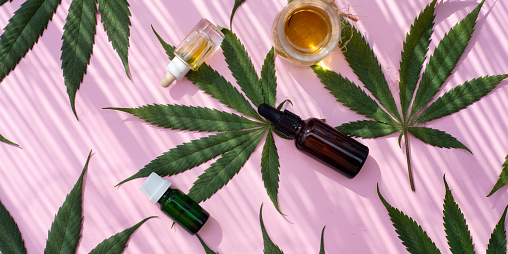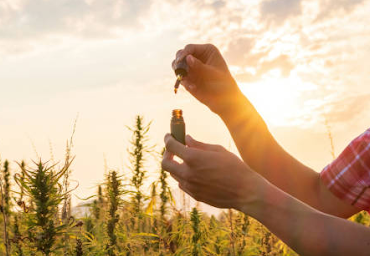Do you get nervous before your presentations, or do you have a fear of public speaking? There are a set of nervous-issues people often deal with in their daily lives. But, the severity of the situation decides if it is a typical adrenaline rush or something as serious as a social anxiety disorder. As per studies, around 1 in every 5 people has social phobia. These may include talking to strangers, eating outside, establishing eye contact, public speaking, or even going out. Few people can cope with these, but many can not. Several treatments and therapies are available, from as common as behavior therapy to even newer possible cures like CBD oil for anxiety and depression.
As per medical records, the magnitude of sweating, palpitations, and instant freezes decide whether social anxiety is for a particular situation or an extreme case. For instance, some people experience an overwhelming fear only at their workplace before a presentation and are relaxed while grocery shopping; this is a case of performance-only social anxiety.
What Are Common Symptoms Of Social Anxiety?
People often confuse social stress with social anxiety, but in medical terms, social anxiety causes fear out of proportion to the situation you are dealing with. For instance, it is normal to feel a little nervous before an interview, but if you start feeling nauseous and dizzy, it is social anxiety. Some common symptoms of social anxiety include:
- Being too self-conscious
- Fear of social interaction or public performance
- Fear of being judged
- Inferiority complex
- Staying inside or limiting the scope for social interactions to a bare minimum
- Extreme stress-causing irritable bowel syndrome, increased heart rate, breathing problems, cold sweats, etc.
These symptoms affect an individual’s everyday life at work or home. Mental experts define the seriousness of your anxiety depending on the impact of these systems on your daily life. In some cases, a social anxiety disorder may even cause depression, risking your mental health even more.
Reasons Of Social Anxiety
People weigh social anxiety and depression on the same level, but both are different. Leaving the first one untreated may take the form of depression, while the latter is usually accompanied by symptoms of the former, making people shut themselves up in their shells.
Anyways, there are other causes of social anxiety-like:
- Childhood experiences – Extreme parental pressure or feeling unwanted may cause social anxiety in a child when he grows up. So, try to stay calm near children because their brains catch up on even minute details.
- Family health – According to medical records, a person’s chances of experiencing social anxiety disorder increase intensely if a parent or biological sibling is diagnosed with such a situation.
- Imbalance in brain chemicals – Our brain contains neurotransmitters as chemical messengers whose imbalance can stimulate social anxiety in a person. The chemical imbalance can occur because of rejection, fear of judgment, etc.
- Keeping quiet – Holding back in social situations and controlling emotions make people more prone to let go of adverse emotions they had been saving. In the long run, silence impacts your brain health, making you feel anxious during social setups. It is thus advisable to let your emotions out and free yourself from unnecessary bondage.
Apart from the causes mentioned above, a person’s overall temperament and life situations can also contribute to social anxiety disorder.
Proven Ways To Cure Social Anxiety
Getting frequent palpitations and indulging in self isolations is not a way to move forward. Living with social anxiety harms your ability to communicate with your social circle, making self-conscious behavior a hindrance in enjoying basic tenets of life. Hence, managing social anxiety before it becomes too severe is the only way to handle and eliminate it because it affects a person’s physical, emotional, and even sexual health. Below is a list of some treatments and cures that benefit:
- Therapy
Experts believe treating a scenario like anxiety and depression is best when a person talks out his worries. For instance, doctors use cognitive-behavioral therapy to treat social anxiety by identifying the problem and altering a person’s thinking patterns.
- Medication
Your doctor will recommend a medication that best fits your condition. Usually, experts prescribe antidepressants like paroxetine (Paxil) or sertraline (Zoloft) to treat social anxiety disorder among individuals.
- CBD
The CBD industry is booming extensively for its effectiveness in treating sleep disorders, depression, anxiety, pain, etc. CBD products are available in various forms like CBD roll-ons, tinctures, etc. In social anxiety, a CBD oil may help you get relief from those palpitations and sweats.
Bottomline!
While medications and diagnosis are advised, changing your lifestyle and reaching out to people for support may also help. In less severe cases, challenge your everyday habits and modulate your behavior. That’s it! Caring for yourself must be your priority, along with focusing on other goals and dreams. Please visit our website for more information on how CBD may help you.






